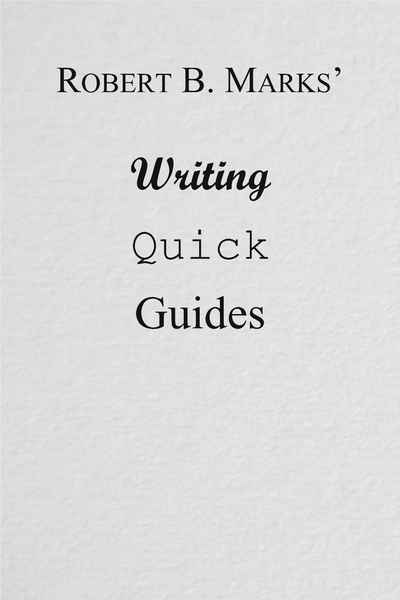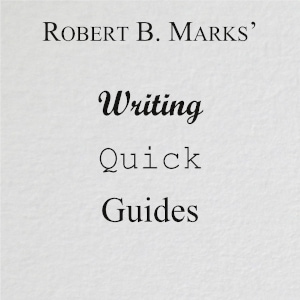It sometimes feels like creating strong female characters has become a lost art...at least, creating strong female characters that don't end up becoming Mary Sues. But, it's not a lost art at all. In fact, I would argue that the biggest barrier towards creating a compelling strong female character is the temptation to overthink the process.
The traditional approach to creating a compelling character of any sort can be described in a single word: struggle. We need to see the character work for their goal. This is, after all, the source of drama - a character wants a thing, and must struggle to get it. If the character can just waltz through the narrative and obtain their goal without any effort, by definition there is no drama.
Simple, right?
Well, it would be if it was actually correct. But, as I'm about to explain, it isn't. Struggle creates a character around whom drama can happen. It does not, however, guarantee that this character will be compelling, or that the drama will be meaningful. A character who has to struggle to achieve their goal can be just as dull and uninteresting as a character who is so overpowered they don't even need to lift a finger.
The actual key to creating a compelling character, female or male, can indeed be summarized in one word. But it isn't "struggle" - it's failure.
A compelling character has to, at some point, fail. This failure doesn't have to be of any particular type - it can be a failure to win a fight, or to connect with a person they care about causing them to drive them away instead. It can be a victory that in the process causes them to lose the thing they were actually fighting for (Citizen Kane, for example, revolved around a protagonist who gained wealth and power, but lost his soul and went on to die alone and unloved).
The act of failure is only the first part of this. Having failed, we now have to see the character deal with this failure. There is no set template for this - how they face and handle failure must, in the end, depend on who they are and what motivates them. They could fall into despair, or they could grit their teeth and soldier on. They could have an epiphany, double down, or even feel relief. It is in this moment, as they face their failure, that we finally see any mask remaining fall away and we meet the character's true self - a true self that they themselves may not even know. At this point, the character becomes truly compelling. Whether a character is strong is determined by what happens after this defeat - a weak character will not be able to pick themselves up and return to win the struggle; a strong character will.
As for why this is compelling, I think it breaks down into three factors:
-
By definition, this involves the revelation of truth, and the revelation of truth is almost always compelling. There are exceptions (Cowboys and Aliens managed to not only make its own premise boring, but had a protagonist whose true identity ended up not being worth knowing), but more often than not the moment that the truth of a character is revealed will be cathartic to the reader.
-
It connects the character to the reader. If there is a universal experience that every single person reading this has, it is failure. We have all striven to accomplish something and fallen short in some way. For a character to do the same in front of us, even if what they are attempting to do has zero relation to anything we have ever experienced, the very act of failing makes the character just like us. Regardless of how they respond to the failure, and how different it is to how we respond, we can empathize with them for the mere act of having to face their failure in the first place.
-
It provides intensification to the narrative. Imagine for a moment that your narrative is like a sine wave. The peaks are the character's successes, and the valleys are what happens during the struggle to reach those successes. If the character never fails, the valleys will be very shallow, and there will be relatively little distance between the struggle and the eventual victory. If the character fails, the valleys will be much deeper, increasing the distance between the struggle and the victory and making the victory more meaningful. The greater the failure, the more meaningful the success that follows.
As you have probably noticed, this is not a gendered technique. The principles behind creating a compelling strong female character have never been any different than the principles behind creating a strong male character. This is not to say that male and female characters are not different - they absolutely are - but what makes them compelling has nothing whatsoever to do with their sex or gender, and everything to do with what they attempt to accomplish in the story, and how they deal with their failure to do so.











Comments (0)
See all